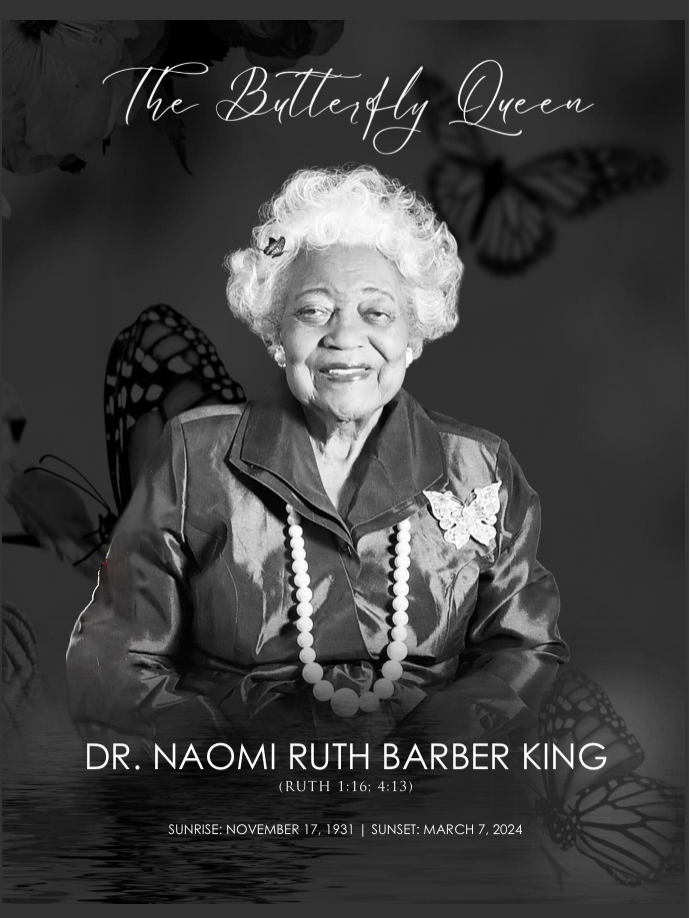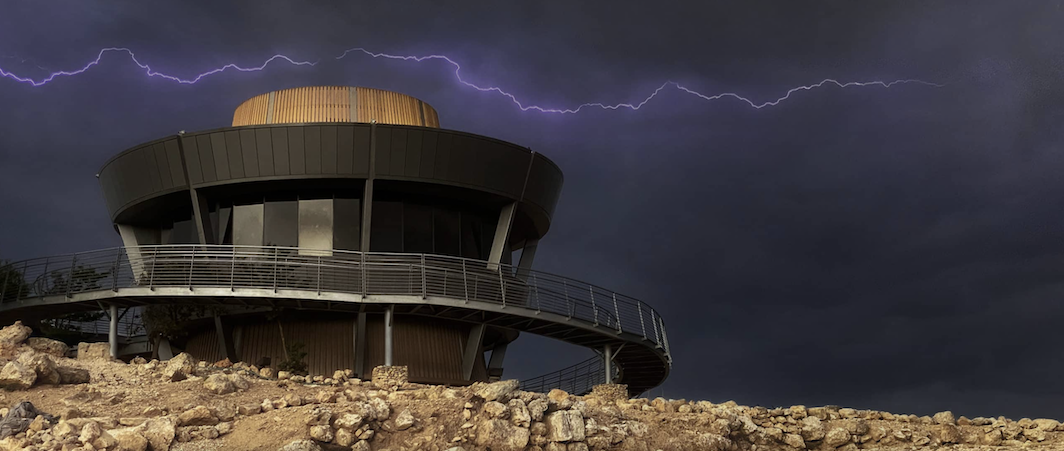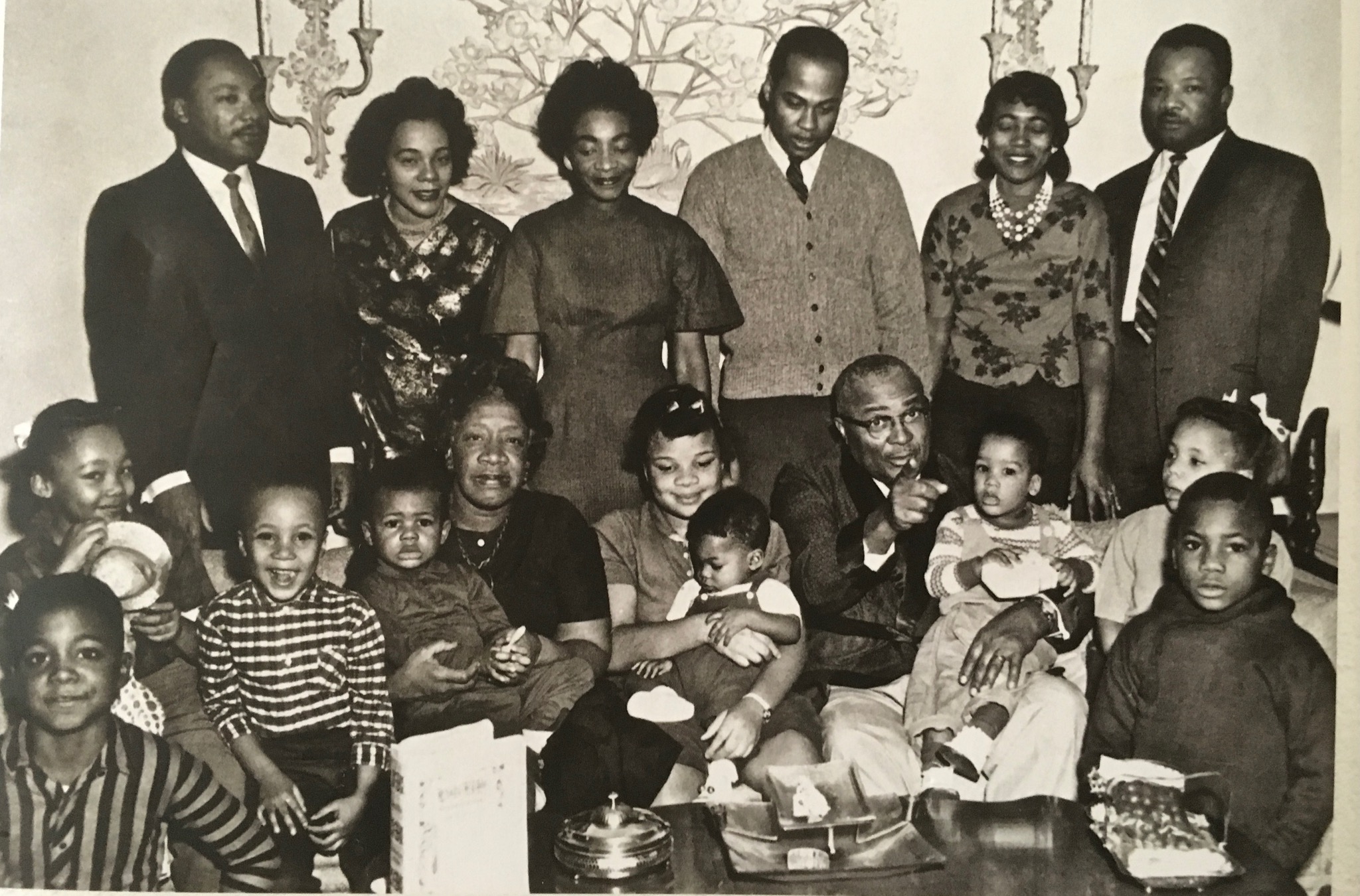March 30, 2022
First Tu B’Shvat Celebration in UAE – A Milestone in Cultural Diplomacy

First Tu B’Shvat Celebration in UAE – A Milestone in Cultural Diplomacy
A Milestone in Cultural Diplomacy
Gregg Roman
The Abraham Accords, signed between Israel and the United Arab Emirates and Bahrain on September 15, 2020, have already yielded multiple benefits for the nations involved, and for the Mideast in general. Official normalization of relations with Israel on the part of the UAE and Bahrain—and in separate agreements, Morocco and Sudan—has created a climate not only of peace and security, but of increased business and technological exchange opportunities as well.
In addition, there are new cultural exchanges that would have been unthinkable two years ago.
Planting Trees for Peace
On January 17, 2022, Israel and Jewish communities all over the world celebrated the holiday of Tu B’Shvat, called the “New Year of the Trees.” This holiday is centered on the responsibilities of human beings as stewards of the earth, and on the value of celebrating the connection with nature. Throughout Israel, and wherever there are Jews, people plant trees in order to help sustain the environment for the future. And Tu B’Shvat of 2022 was the first time ever that the holiday was celebrated in the UAE.
The Jewish Educational Campus in the UAE, formed in early 2021 soon after the conclusion of the Abraham Accords, is the focal point of a small but growing expat Israeli and Jewish community in the UAE. In partnership with Keren Kayemeth LeIsrael-Jewish National Fund (KKL-JNF), the organization sponsored tree plantings during the celebration of its first anniversary, which coincided with the ecological holiday.
The Power of Cultural Diplomacy
We shouldn’t overlook the importance of cultural events like this one. Cultural diplomacy is part of the 21st century way of conducting diplomatic relations. It emphasizes building connections between people across borders to help them appreciate one another as human beings with common goals: peace, prosperity, improved communication and technological cooperation, and solving transnational problems like climate change.
The Israeli government has long believed that it has a responsibility to promote the cultural products of its citizenry—literature and the arts, social relationships, folklore, and holidays included—to foster greater understanding of Israel and to increase the chances of sustaining peaceful and mutually beneficial international relationships over the long term.
What “Jewish Arbor Day” Is All About
In Hebrew, “tu” refers to the number 15. So, the name “Tu B’Shvat” simply means that the holiday falls on the 15th day of the month of Shvat in the Jewish lunar calendar. In ancient times in Israel, this date marked a key event according to the agricultural and tax practices of the time.
The rabbis legally set the 15th of Shvat as the “birthday” of all the trees in the nation as a convenience for farmers. This is because they had to know when the fourth year after planting arrived. That way, they could bring the fruit of a tree to the Temple as an offering, as required by the Torah.
In today’s homes, synagogues, and Jewish community centers throughout the world, people join together not only to plant trees, but to honor the bounty of the earth. Tu B’Shvat seders reflect the traditions of the Passover seder while focusing on environmental themes. With its overall theme of a common desire to protect the earth, the holiday is especially suited for interfaith and inter-cultural observances.
Dignitaries at the UAE Tu B’Shvat celebration included representatives of the Israeli consulate in Dubai and KKL-JNF. They noted their positive feelings about being able to plant a tree in the UAE that could be enjoyed by future generations. They also emphasized KKL-JNF’s commitment to working with the UAE to combat climate change and support ecologically friendly development.
“Nature Knows No Borders”
Environmental issues have become critical throughout the Middle East, throwing the interdependence of the region’s people into high relief against their desert background. In Israel, the Arava Institute for Environmental Studies works with the motto, “Nature Knows No Borders.” Arava has cooperated extensively with Jordanian, Moroccan, and other Mideast nations, as well as with the Palestinians, in programs such as one training international college-age youth to study and work on environmental issues.
Arava’s leaders have addressed the need for Israel and its neighbors to collaborate on solutions for the mutual survival of their peoples. It’s important to note a central point in this conversation: Israel’s advanced technologies that allow it to manage water resources and control the spread of desertification ensure that the full impact of climate change on its people is blunted for now. But in order to survive over the long term, it is vital that it learns to manage common resources with the Arab nations that surround it.
The Arava Institute is focused on developing its ability to build relationships with the Gulf States that bring young scientists, creative artists, and policymakers from multiple nations together. These relationships are helping to establish a new generation of programs that have the ultimate goal of making a more sustainable region, with improved living conditions and new opportunities for Israelis and their neighbors.
And as the environmental and cultural diplomacy evident in the Tu B’Shvat celebration in the UAE demonstrated, things may be starting to change for the better.
Video
Share this Article









